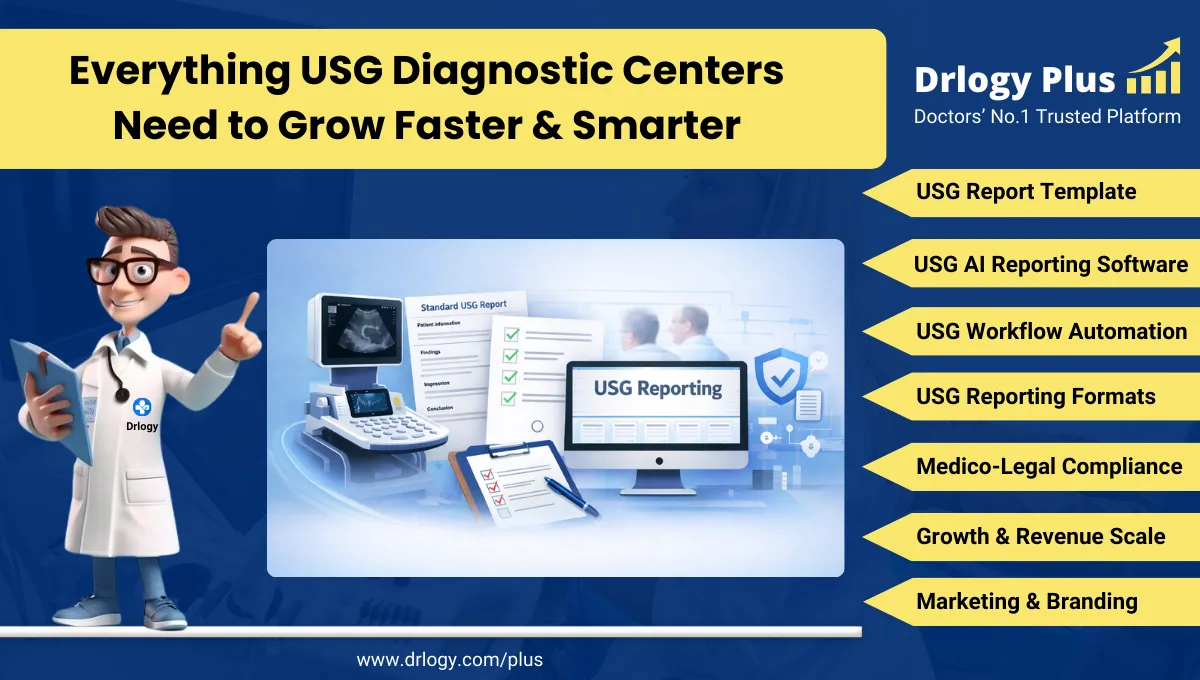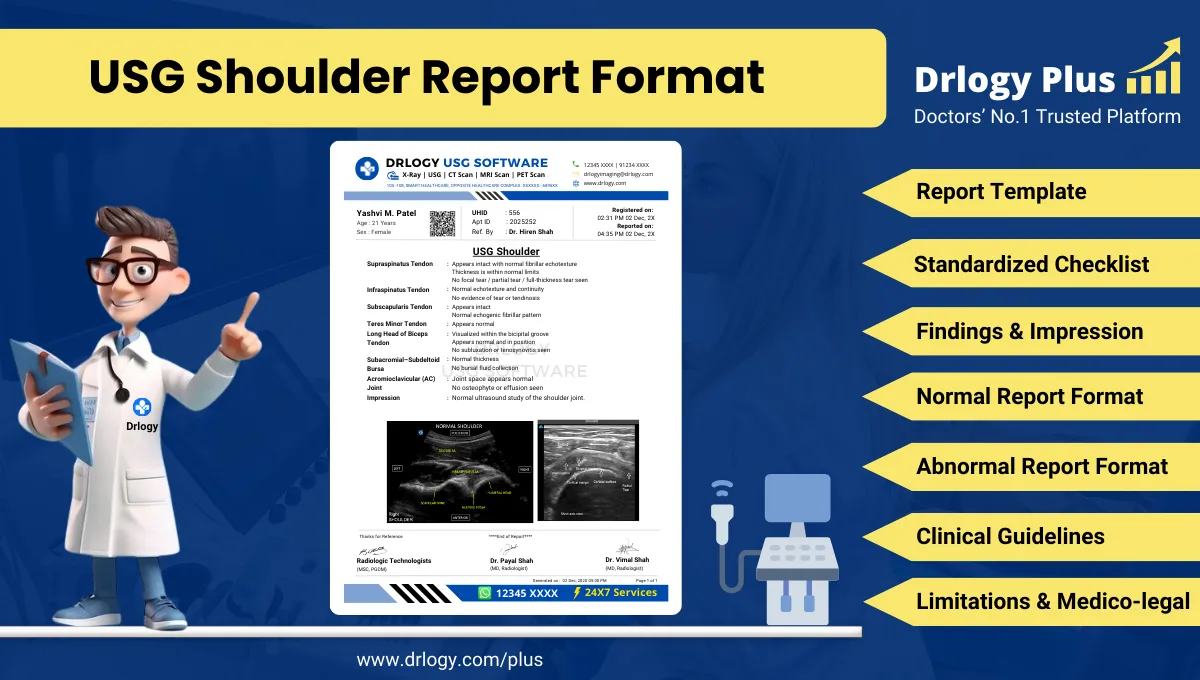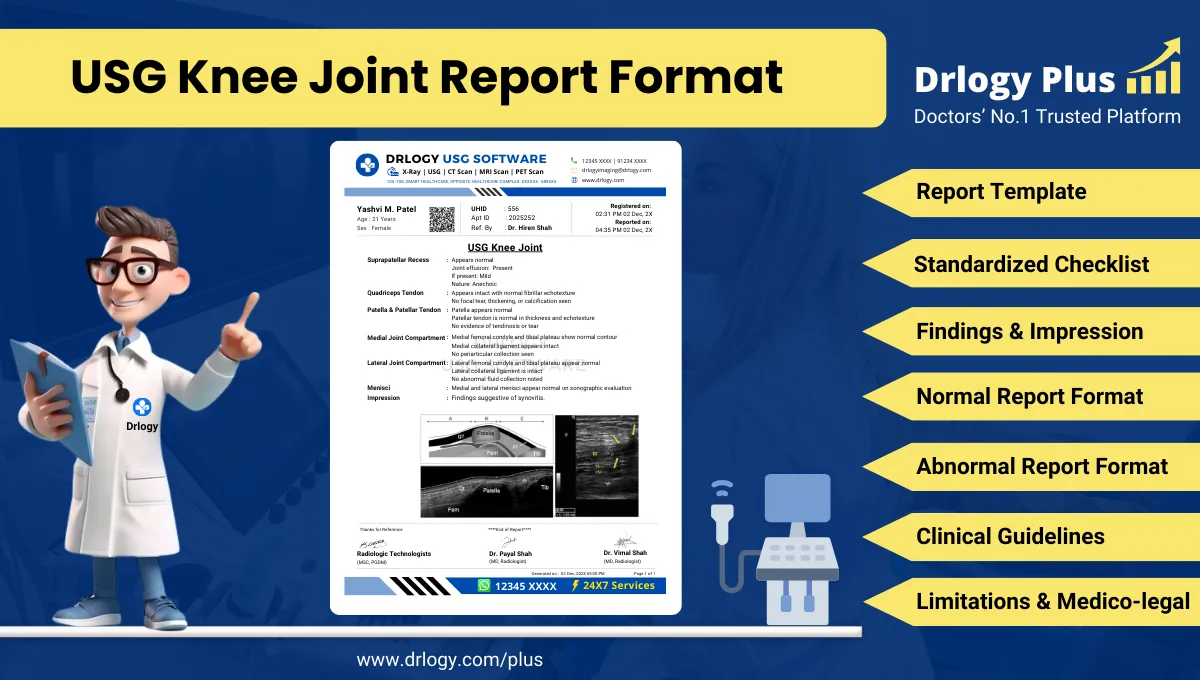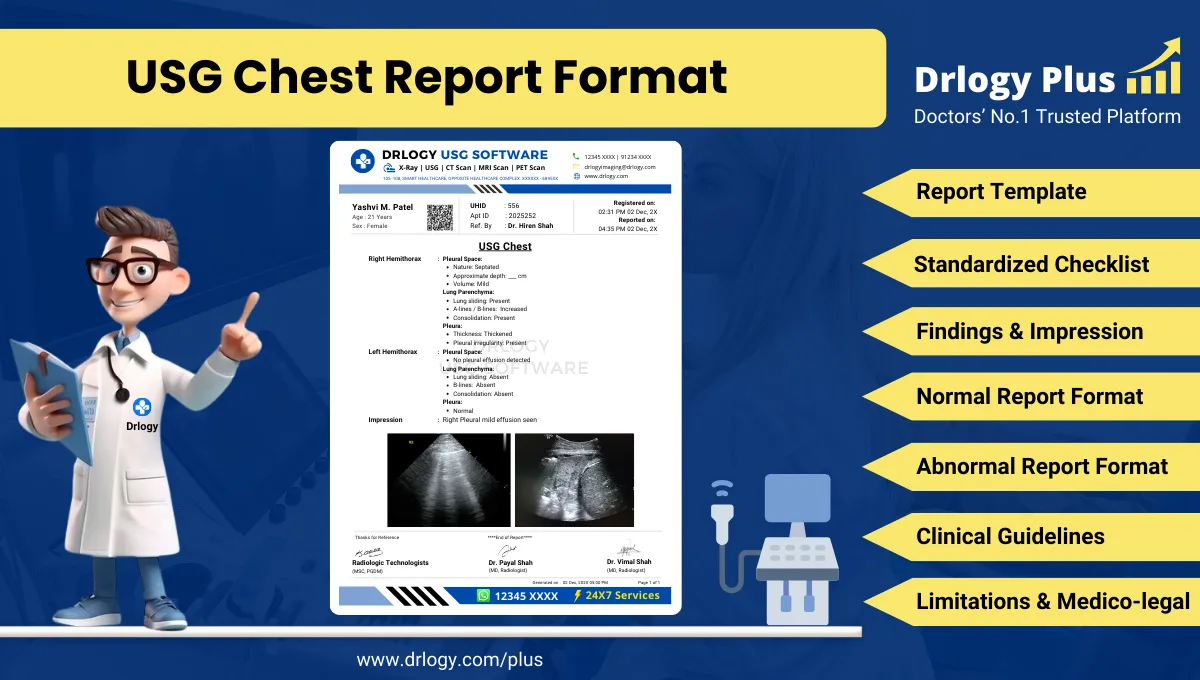

Drlogy
Healthcare organization
Karyotyping Test Report Format: 10 Key Clinical Guidelines & Example
The Karyotyping Test, a fundamental tool in medical genetics, provides crucial insights into chromosomal abnormalities and genetic disorders. Karyotyping plays a pivotal in assessing genetic conditions, informing genetic counseling, and influencing reproductive decisions.
Karyotyping Test serves as a cornerstone for accurate diagnosis, facilitating the understanding of chromosomal intricacies. This report format is essential for conveying precise information on chromosome number, structure, and arrangement, contributing significantly to advancements in medical diagnostics and patient care.
10 Key Karyotyping Test Report Format Clinical Guidelines
Below are the 10 key clinical guidelines for formatting a Karyotyping Test report in your pathology laboratory.
1. Patient Information:
- Patient's full name, age, gender, and date of birth.
- Contact information for efficient communication.
- Any pertinent medical history or relevant details.
- Insurance information for billing purposes.
- Emergency contact details for immediate assistance.
2. Reference Doctor Information:
- Referring doctor's full name, contact, and specialty.
- Details on the referring doctor's affiliation or clinic.
- Clearentification of the reference doctor’s letterhead.
- Preferred communication channels and contact hours.
- Any specific instructions or preferences provided by the reference doctor.
3. Specimen Information:
- Specimen name, ensuring consistency with patient details.
- Volume of the specimen collected and units of measurement.
- Specifics on the collection method employed.
- Date and time of specimen collection.
- Confirmation of proper labeling and handling procedures.
4. Test Name Heading, Test Methodology:
- Prominent display of the Karyotyping Test name.
- A concise description of the test methodology used.
- Clarification of any variations in testing procedures.
- Acknowledgment of any specialized techniques applied.
- Cross-referencing with any relevant standard protocols.
5. Test Result:
- Clear presentation of the observed test results.
- Highlighting abnormal findings, if any.
- Any specific units of measurement used.
- Comparison with previous results, if available.
- Visual aids or charts for improved understanding.
6. Normal Value Reference:
- Clearly defined normal values for comparison.
- Acknowledgment of variations based on factors like age or gender.
- Reference to established standards or guidelines.
- Explanation of any deviations from the norm.
- Additional information on interpreting normal ranges.
7. Interpretation & Instrumentation:
- Expert interpretation of test results.
- Acknowledgment of any uncertainties or limitations.
- Specific instrumentation used and its specifications.
- Information on calibration and maintenance schedules.
- Any recent updates or changes in instrumentation.
8. Signature and Date:
- Clear and legible signatures of authorized personnel.
- Date of report issuance for temporal context.
- Indication of the time zone if relevant.
- Identification of the or position of the signatory.
- Compliance with regulatory requirements for signatures and dates.
9. QR Code Authenticity and Barcode:
- Implementation of QR codes for quick data verification.
- Utilization of barcodes for efficient sample tracking.
- Detailed information encoded within the QR code.
- Security measures in place to prevent tampering.
- Instructions on how to use QR codes for verification.
10. Diagnostic Laboratory Details:
- Clear mention of laboratory accreditation and certification.
- Address, phone number, and email for contact.
- Information on the laboratory's specialization.
- Any additional certifications or affiliations.
- Acknowledgment of compliance with data protection regulations.
Also Check
Drlogy Plus For Complete Digital Solutions for Doctors, Clinics, Hospitals & Labs to Enhance Patient Experience.
Karyotyping Test Report Format Sample
Karyotyping Test Report Format
Here is a Karyotyping test report PDF format, highlighting its significance in the pathology laboratory.
Drlogy Pathology lab software plays a pivotal in ensuring a Karyotyping Test Report Format. Additionally, Pathology lab software automates many aspects of the testing process, from sample handling to data analysis. Drlogy Pathology Software provides healthcare providers with real-time access to Karyotyping test results, enabling timely decision-making and faster patient care.
Referred
Conclusion
- Overall, the Karyotyping Test is an indispensable diagnostic tool in medical laboratories, unraveling critical insights into genetic abnormalities. The Test report guides precise diagnosis, informs treatment strategies, and empowers patients and healthcare professionals alike.
- Its importance lies not only in detecting disorders but also in facilitating informed decision-making, advancing genetic counseling, and ultimately improving patient care and outcomes.
- Drlogy Plus For Complete Digital Solutions for Doctors, Clinics, Hospitals & Labs to Enhance Patient Experience.





